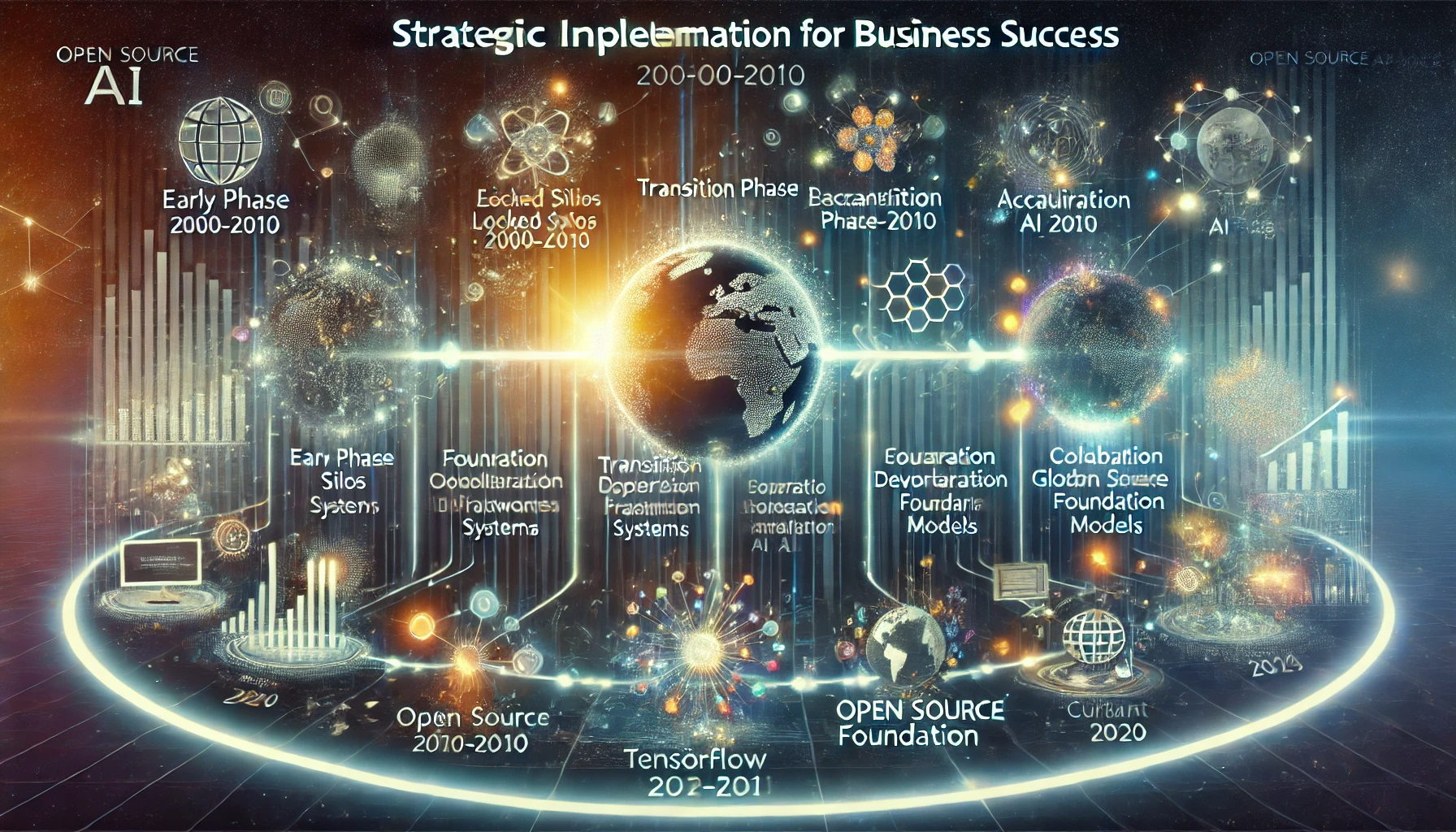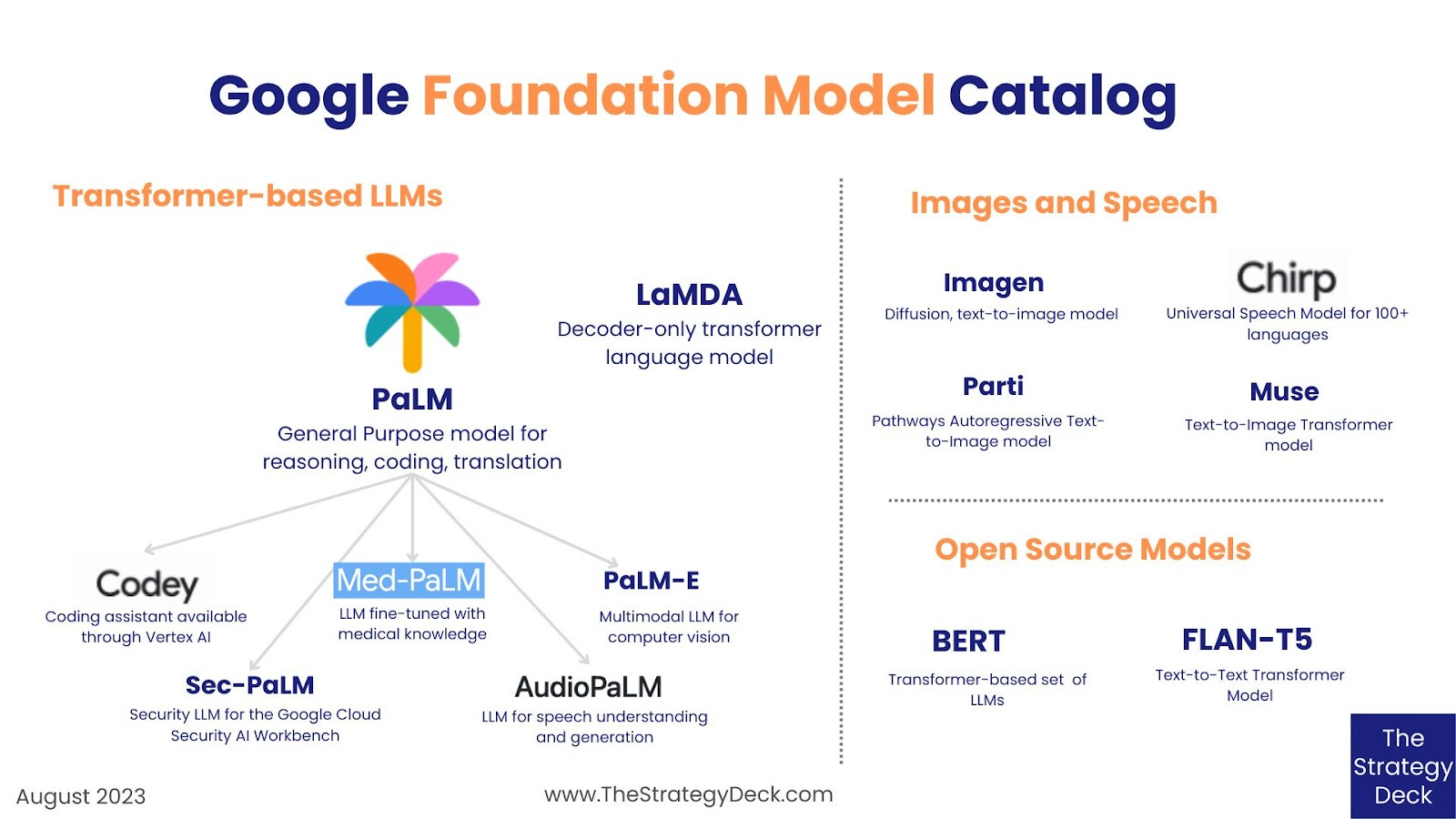Why Europe should keep AI models open source to avoid falling behind:
Europe should keep artificial intelligence models open source or risk falling behind, as emphasized by Meta's chief AI scientist. Yann LeCun highlighted the importance of open-source AI models that allow for the free and open sharing of software for any purpose. According to LeCun, open-source models enable faster progress and benefit everyone in the industry.
The Risk of Falling Behind:
During a presentation at the AI Action Summit in Paris, LeCun warned against the idea of making open-source models illegal. He stated that such actions are motivated by a desire to outpace political rivals, which he described as a "huge mistake." LeCun emphasized that conducting research in secret hinders progress and allows other parts of the world, particularly those embracing open-source models, to overtake and outpace those who restrict access to their models.

Advocacy for Open-Source:
LeCun has been a strong advocate for open-source large language models, arguing that these systems should not be controlled by a select few individuals or companies. He believes that a diverse and open ecosystem fosters innovation and rapid advancement. LeCun cautioned against the dominance of AI systems originating solely from specific regions such as the West Coast of the US or China.
Examples of Successful Open-Source Models:
An example highlighted by LeCun is DeepSeek, an emerging Chinese AI startup that recently released its open-source R1 model. The model received positive third-party tests, outperforming competitors from established companies like OpenAI and Meta. LeCun commended DeepSeek for profiting from open research and building upon the work of others in the field.

The Role of European AI Companies:
European AI companies, such as French startup Mistral and Germany's Aleph Alpha, have embraced open-source models and criticized proposals to regulate foundational model makers. These companies believe that self-regulation and open collaboration are essential for competing with tech giants from other parts of the world.
Advocacy for Open-Source:
The European Union's Artificial Intelligence Act, approved in 2024, aims to address the risks associated with powerful AI technology. However, there is an ongoing debate on how to regulate foundational models like large language models under this act.

It is clear that maintaining open-source practices in AI development is crucial for Europe to remain competitive and avoid falling behind in the global AI landscape.
Original article source: Business Insider










